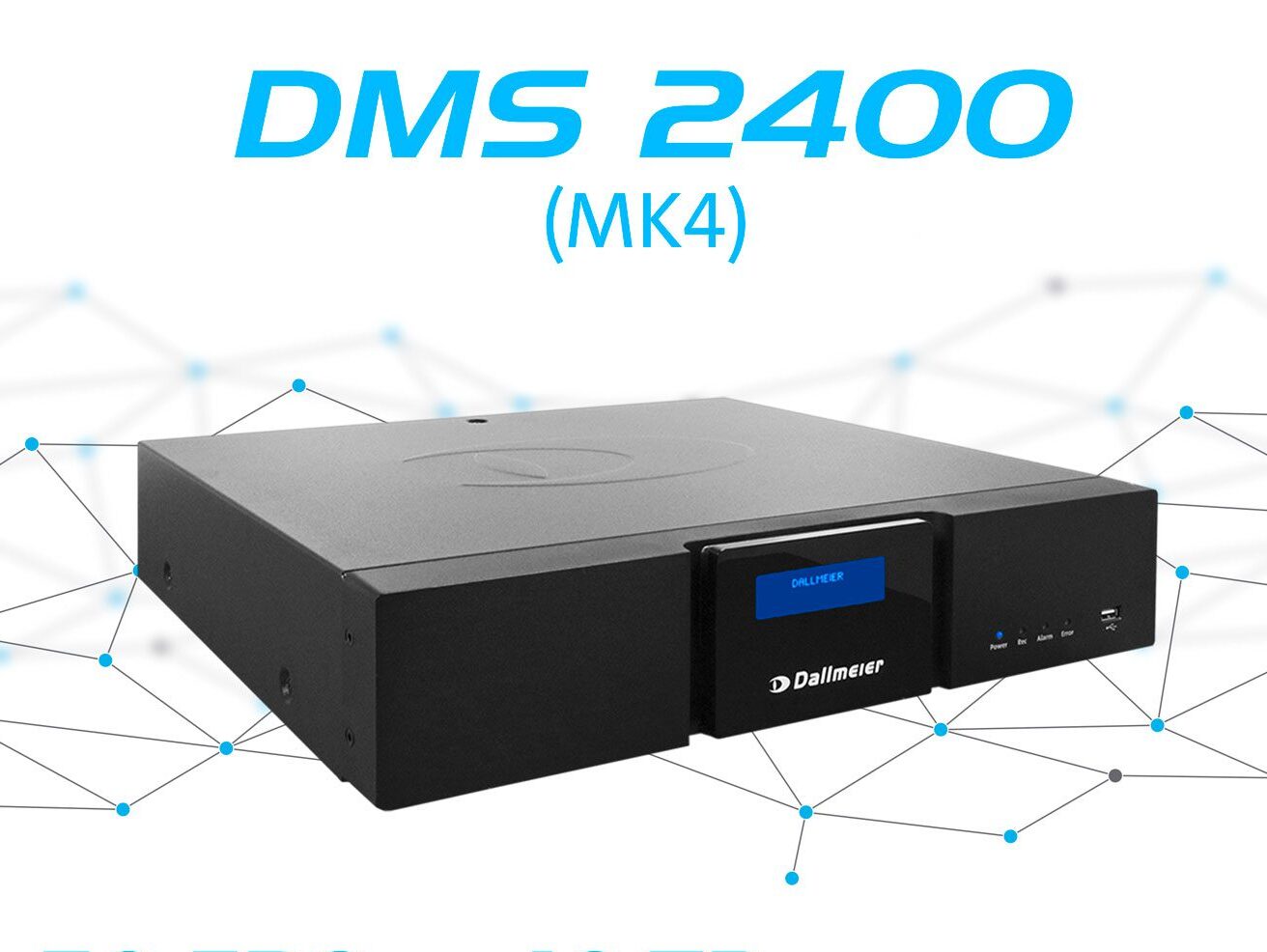Samir Cherif, Senior Director MEA at HID, discusses sustainable solutions, mobile credentials, and emerging technologies shaping access control in the Middle East and Africa with Rebecca Spayne of Security Buyer.
HID has a unique approach of working directly with end users and consultants. How does that benefit your research, development, and innovation efforts?
That’s a great question. HID’s DNA—and I’m including the larger group we belong to, ASSA ABLOY—emphasises upfront product specification with the end client. While we don’t sell directly to end users, we evangelise technology at the end-user level. Then, we collaborate with consultants to align ecosystem requirements with what clients want.
This proactive approach helps set the standards for access control products and trends. Ultimately, our channel partners close the business, but our efforts indirectly create demand by educating and aligning expectations. This approach also allows us to gather direct insights into end-user pain points, which feeds back into innovation. It’s a model that works because, as a global leader in access control, we have the resources to prioritise thought leadership over direct selling.
HID has made significant strides in sustainability, such as the bamboo key cards. How does sustainability fit into your manufacturing processes and corporate values?
At HID, sustainability isn’t just a compliance issue—it’s an integral part of our ethos. ASSA ABLOY has adopted ambitious ESG thresholds that actively drive our approach to sustainable development. For example, even when we use plastics, we choose materials with a lower carbon footprint, a practice we embraced even before sustainability gained momentum globally.
Sustainability is embedded across our operations—from manufacturing plants to the products we create. We also advocate for sustainability with our clients, emphasising eco-friendly practices throughout the value chain. Because our focus is on consultants and end clients, this message resonates well. Governments and organisations in this region are increasingly prioritising sustainability, and our efforts align with their goals.
Mobile access credentials are gaining traction worldwide. How does adoption in the Middle East and Africa compare to other regions?
The trend in the Middle East and Africa is similar to other regions, though the scale and pace differ. Markets like North America and Europe have a more significant uptake of mobile access due to their maturity and established ecosystems. The Middle East, while forward-looking, has deep-rooted practices that sometimes slow the transition to newer technologies.
That said, mobile access is growing rapidly here. Though starting from a smaller base, the adoption rate is doubling annually. Projections suggest mobile credentials could account for 20% of all credentials in five years. It’s not just about replacing physical cards but aligning with a broader strategic shift towards mobile solutions and related services.
Does the growing emphasis on user-friendly security influence technology adoption in the region?
Absolutely. There’s a global move towards seamless security, where users feel less like they’re navigating barriers and more at ease while still being protected. In regions like the UAE, there’s a balance between offering a flexible, welcoming environment and ensuring robust security.
For example, mobile credentials are ideal for events like the World Cup in Qatar or exhibitions in Dubai. They offer flexibility, user-friendliness, and enhanced security. While the technology makes processes smoother, the underlying security remains paramount. The shift towards mobile access is about offering a more intuitive experience without compromising safety.
Saudi Arabia is making significant strides in digitisation. How does HID align with these efforts?
Saudi Arabia is indeed at the forefront of digital transformation, particularly in areas like digital IDs for both citizens and visitors. The adoption of these technologies isn’t optional; it’s mandatory as part of their national vision. This aligns perfectly with HID’s capabilities in providing scalable, secure, and sustainable solutions.
As digital IDs become more prevalent, the region is setting benchmarks for how technology can be leveraged for both security and convenience. HID’s focus on mobile credentials and digital solutions positions us well to support these initiatives.
With the rise of digitisation, what challenges are you facing in the Middle East, particularly around cybersecurity?
Cybersecurity is one of the biggest concerns for security managers in this region. The convergence of physical and IT security presents complexities in integrating systems while maintaining robust safeguards. For instance, transferring secure elements from physical credentials to virtual IDs requires meticulous design to prevent vulnerabilities.
The good news is that mobile credentials, by nature, are more secure. Phones often have passwords or biometric locks, and HID incorporates multi-factor authentication into virtual IDs. Our secure identity elements make virtual credentials highly secure and tamper-proof. However, as we integrate more systems, the complexity of managing these integrations becomes a challenge.
Read more exclusives and news in our latest issue here.
Never miss a story… Follow us on:
LinkedIn: Security Buyer
Twitter (X): @SecurityBuyer
Facebook: @Secbuyer
Media Contact
Rebecca Morpeth Spayne,
Editor, Security Portfolio
Tel: +44 (0) 1622 823 922
Email: [email protected]
























